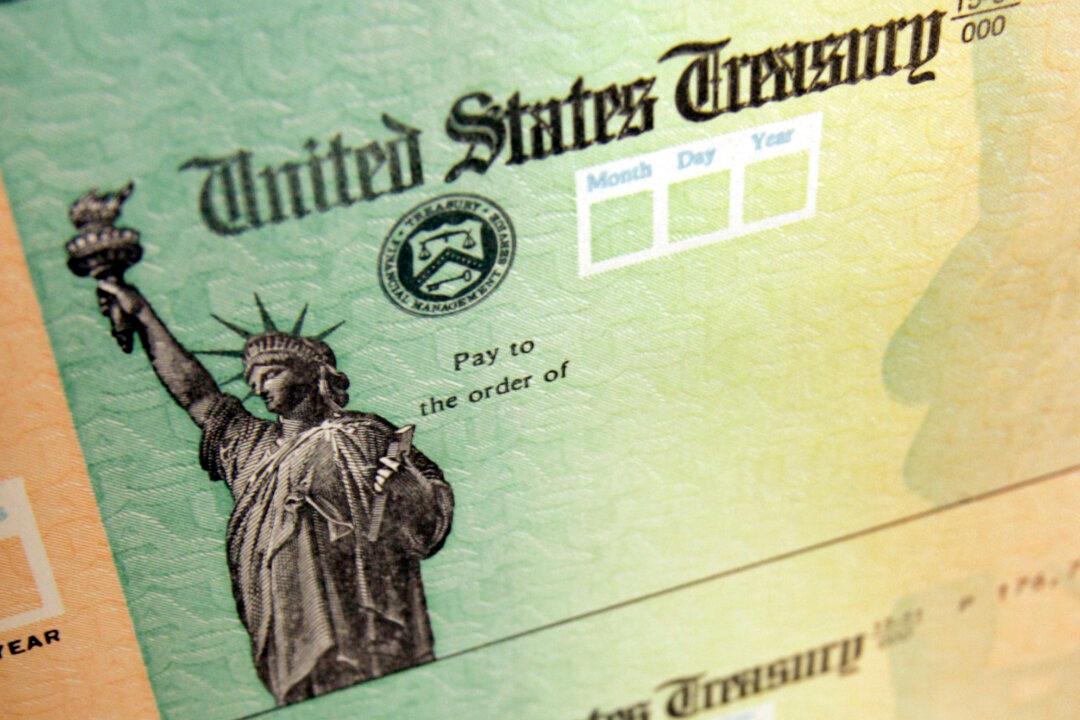A rush to provide financial assistance to Americans forced out of their jobs in the COVID-19 pandemic resulted in a $191 billion bonanza for fraudsters, according to chairman of the House Ways and Means Committee Rep. Jason Smith (R-Mo.).
“There’s no question folks needed help, which is exactly why Congress should have protected this program and those who needed it against the criminals who exploited it to commit fraud,” Smith wrote in a statement released at a hearing on Feb. 8.





